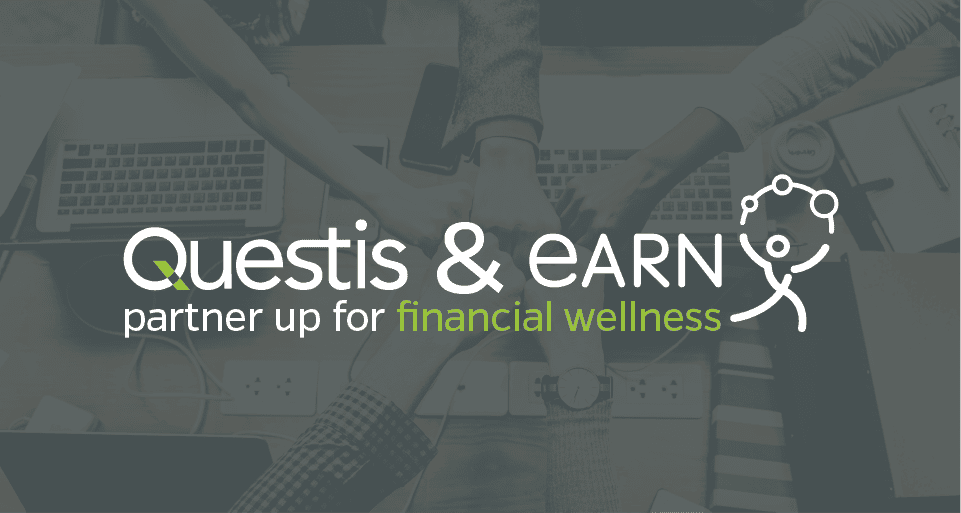Everyone needs an emergency fund. Income is great, and regular income is even better, but an emergency fund is an asset. It’s a form of wealth—something that can help you navigate a financial setback or hardship, such as an unexpected bill or the loss of a job.
However, too many people don’t have one, which means they aren’t likely to be saving for retirement, either. Earlier this year, GOBankingRates conducted a national survey that asked people whether they had enough savings to cover three common types of financial emergencies: a car repair, a medical emergency, or six months’ worth of living expenses if they lost their job. More than half of respondents answered no: 55% couldn’t cover six months of living expenses, 54% couldn’t handle a medical emergency, and 42% would have to borrow money or sell something to pay for an unexpected car repair. In fact, about half of respondents have less than $1000 saved.
Such financial fragility leaves people vulnerable to money shocks, so that relatively minor events such as a parking ticket, jury duty, or time off from work to care for a sick family member can result in major consequences. According to the Urban Institute, financially insecure households are 14 times more likely to be evicted, 3 times more likely to miss a housing payment, and 3 times more likely to miss a utility payment.
But even a small amount of non-retirement savings can make a big difference. According to the same study, families with just $250 to $749 in savings are less likely to be evicted, miss a housing or utility payment, or receive public benefits. In fact, their research has further shown that savings are as important as income: low-income families with savings of $2,000 to $4,999 are more financially resilient than middle-income families without savings.
A national nonprofit is currently promoting the power of saving. Founded in 2001, EARN is an award-winning organization whose mission is to create prosperity for low-income families by helping them save and invest in their futures. EARN works at the intersection of financial technology and financial inclusion to develop online programs that empower low-income Americans to take charge of their financial lives. EARN has partnered with other mission-driven organizations at the state and local level, and has received major funding from companies such as JP Morgan Chase, along with the MetLife Foundation and W.K. Kellogg Foundation.
That’s why Questis is pleased to announce that we are the latest outreach partner with EARN, and will be holding a joint webinar on Tuesday, November 27, from 1-2pm ET to publicize their programs among the retirement plan advisor community.
As an example of their innovative approach, EARN has created the SaverLife program to support working families in building a habit of saving. Currently open to partner organizations, SaverLife offers cash incentives combined with financial coaching, nudges, and games. Participants build financial knowledge, confidence and self-efficacy along with the habit of saving. And it appears to be working. Despite an average annual income of $33,000, participants (Savers) save an average of $758 over six months, and are more likely to stick with a budget (75%) and save regularly (88%).
EARN is also reprising their successful SaverLife Tax Pledge campaign, which is open to anyone. The campaign encourages people to save their tax refunds by taking a pledge. In 2018, 9,000 individuals, many of whom were new to SaverLife, pledged to save over $2.4M in tax refunds. Sixty-five percent of survey respondents said the pledge influenced what they did with their refund, and 54% said the chance to win a prize influenced what they did with their refund.
This year, EARN launched the SaverLife Tax Pledge in October to reach families long before tax season begins – before big spending events like Black Friday and the holidays – with reminders about their investment in themselves between now and tax season. Through the SaverLife Tax Pledge, families will make a commitment to themselves by pledging to save some of their upcoming tax refund. Each week between now and the end of March, 100 people will instantly win $5 by taking the pledge. There will also be $500 and $100 sweepstakes prizes awarded at the end of the campaign.
A related contest will also culminate just before the holidays this year. The #WhatImSavingFor contest is open to the public and designed to promote the inspiring stories within communities of savers. The contest ends December 17 so that prizes can be awarded before the holidays.
Behavioral research supports the concept of making a pledge as a way to strengthen motivation that can encourage future follow through. Multiple studies have found that ‘pre-commitment’ actions such as signing a public pledge make it more likely that we’ll actually do whatever it is that we’ve pledged to do. Pledges are a way that we can hold ourselves accountable, and take advantage of our inherent desire for a positive identity, both in terms how others see us and our own self-image.
Having an adequate emergency fund means that people can then afford to save for retirement, and may be able to avoid borrowing against a 401(k). EARN’s SaverLife programs are innovative, based on research, and appear to be making a difference for participants. Incorporating behavioral insights into financial wellness programs like this one can improve financial security for millions of Americans.
Please join us on Tuesday, November 27, from 1-2pm ET for a special joint webinar to learn more about EARN and innovative strategies to incentivize building an emergency fund. The webinar will be recorded.
Dr. Martha Brown Menard is the Senior Researcher and data diva for Questis. She is a research scientist, financial wellness coach, and member of the Association for Financial Counseling and Planning Education. She is passionate about democratizing personalized financial guidance through scalable and configurable technology.
